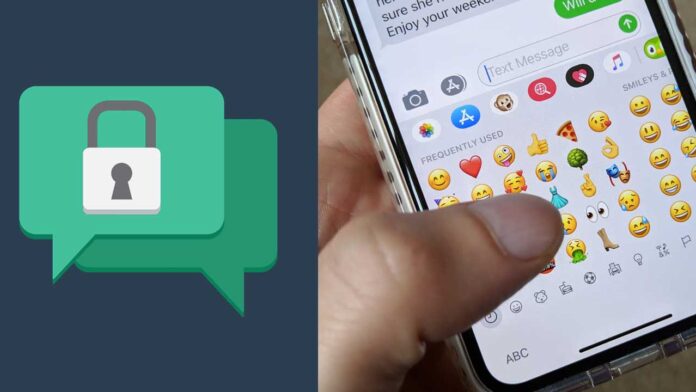Imagine holding your personal life, business plans, and confidential documents inside a digital safe. Not a password. Not a firewall. But a language so complex that even quantum computers shudder. That’s where the data encryption app lives—not merely hiding your data, but morphing it into unreadable strings until you hold the right key.
Why Users Are Abandoning Password-Only Protection
Traditional password-based security is becoming obsolete. Brute-force attacks and phishing methods are breaking into platforms daily. Users now seek apps that encrypt their files and messages, making intercepted data worthless. A data encryption app ensures that without your decryption credentials, no one—not even your app provider—can access your information.
Business-Centric Encryption Is Now Essential
Corporations aren’t just using encryption apps for compliance. They’re relying on them to protect trade secrets, financial records, and legal contracts. When data is encrypted at rest and in transit, even internal leaks become harmless. Business-grade encryption apps offer layered protection for emails, cloud syncs, and communication between departments.
Medical Data Needs More Than Passwords
Healthcare institutions manage incredibly sensitive data—diagnoses, prescriptions, test results. These are goldmines for cybercriminals. Data encryption apps tailored for healthcare ensure HIPAA-compliant encryption, meaning patient data remains secure both on devices and during transmission to labs or insurance companies. In some regions, encryption is now legally required.
Apps That Encrypt Without Slowing Devices
A concern many users face is lag. Encryption is often thought to slow devices or consume too much power. But modern encryption apps use hardware acceleration and efficient algorithms like AES-256 that work in milliseconds, ensuring the user’s experience remains smooth while still offering bank-grade protection.
Cloud Encryption Has Redefined Digital Trust
Sending your personal files to the cloud without encryption is like leaving cash on a park bench. Data encryption apps that offer client-side encryption ensure the file is encrypted before leaving your device. Even the cloud service provider can’t view your data. That’s real digital autonomy.
Encrypted Messaging Is Outpacing Traditional Texting
Apps that encrypt chats and calls are rapidly replacing standard messaging tools. In an era of surveillance and breaches, users want conversations to remain private. Encrypted communication apps automatically scramble every word sent. From journalists to activists, people trust encryption apps to guard their every sentence.
How Encryption Apps Fight Ransomware
Ransomware attackers prey on vulnerable systems with exposed data. Now imagine if every stolen file looked like broken code—impossible to make sense of, even if taken. Data encryption apps render the attack ineffective. With encrypted backups and local storage, users can restore clean copies without paying ransoms. The best defense is one that makes theft useless.
Encryption Without Internet Dependency
Offline capability is a powerful feature. Top encryption apps allow users to encrypt and decrypt files without connecting to the web. This is especially crucial for travelers, military personnel, or field agents working in remote locations. A zero-cloud footprint option increases privacy and decreases vulnerability.
How Personal Use Is Driving Innovation
Consumers now demand encryption apps that feel effortless. From securing gallery photos to hiding banking documents, the shift toward personal encryption has pushed developers to build interfaces that even non-tech-savvy users can navigate. Facial unlock integration, voice-based decryption, and dark mode are becoming standard in these apps.
Biometric Unlock Meets Cryptography
Modern encryption apps now fuse fingerprint and facial recognition with cryptographic protocols. This creates a dual-layer security—something you are and something you encrypt. Even if the phone is stolen, the encrypted content is only accessible when both the user’s identity and encryption key match.
Encrypt Message Link
Why Developers Are Embedding APIs for Encryption
Many mobile and web developers now integrate encryption APIs directly into their apps. Instead of building from scratch, they rely on tested frameworks that ensure every byte transmitted or stored is encrypted. Apps for finance, e-learning, and productivity increasingly use encryption APIs to offer enterprise-level security in consumer apps.





